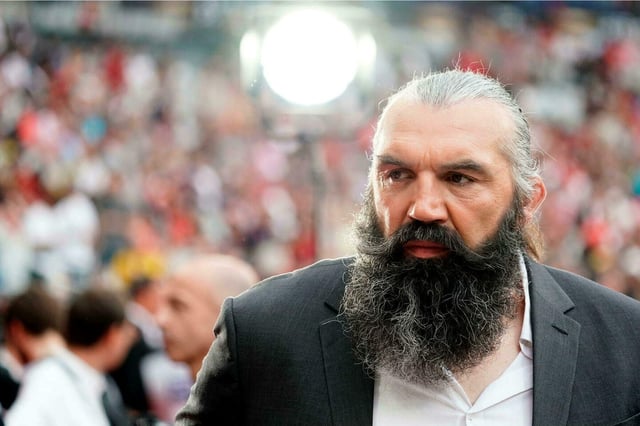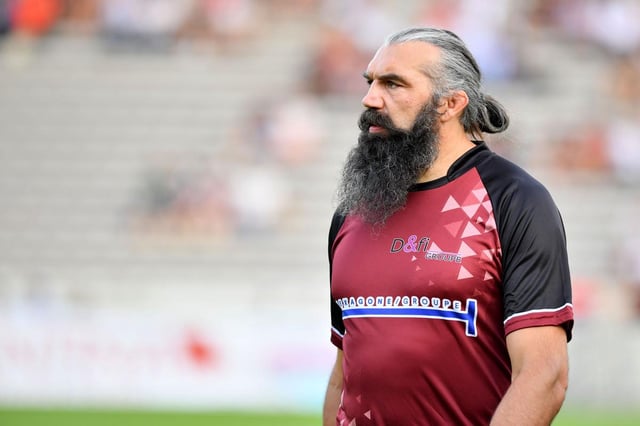Overview
- Sébastien Chabal, a former rugby international, disclosed he has no memory of his matches, attributing his amnesia to repeated head impacts during his 16-year career.
- Chabal’s testimony has reignited concerns over the long-term neurological effects of rugby, with experts like traumatologist Yoann Bohu explaining how repeated collisions damage brain cells and impair memory.
- Research shows that former rugby players face a significantly higher risk of neurological issues, including memory deficits, compared to non-players.
- The psychological toll of memory loss extends beyond cognition, affecting players’ sense of identity and emotional well-being, according to medical experts.
- Ongoing legal actions against governing bodies, including World Rugby, demand accountability for inadequate head injury protocols and the health consequences faced by retired players.

